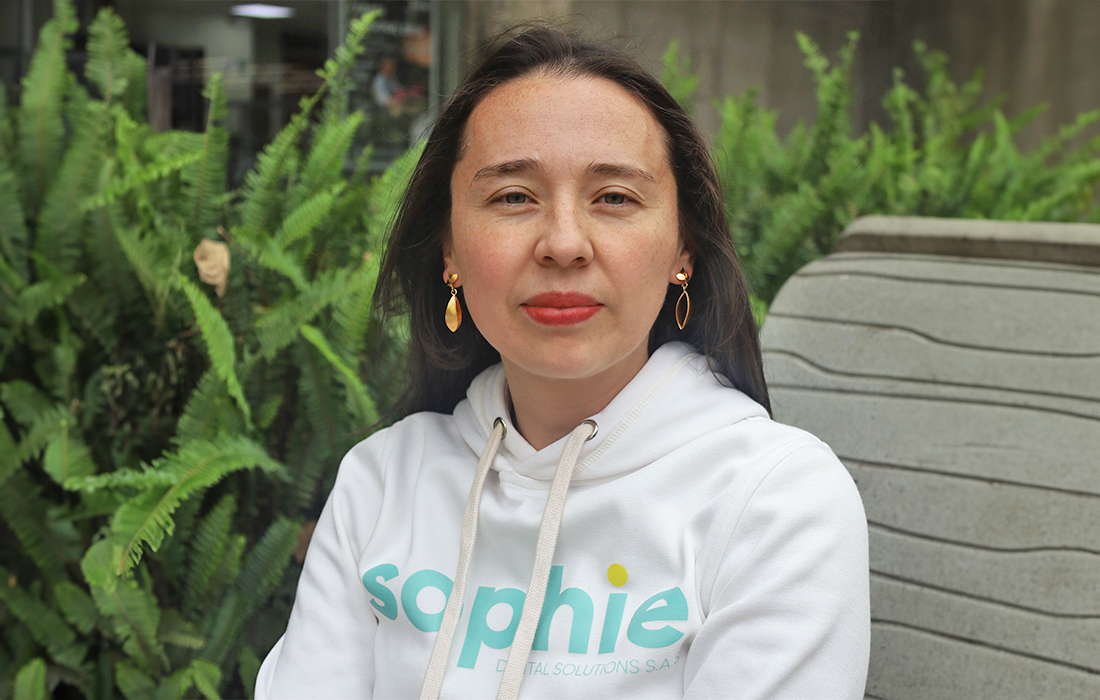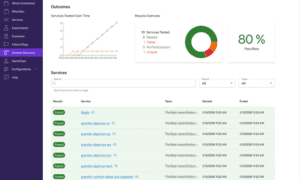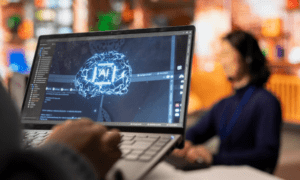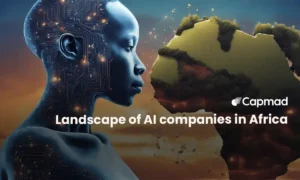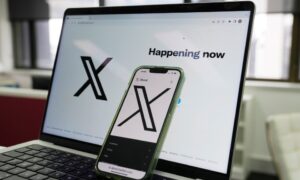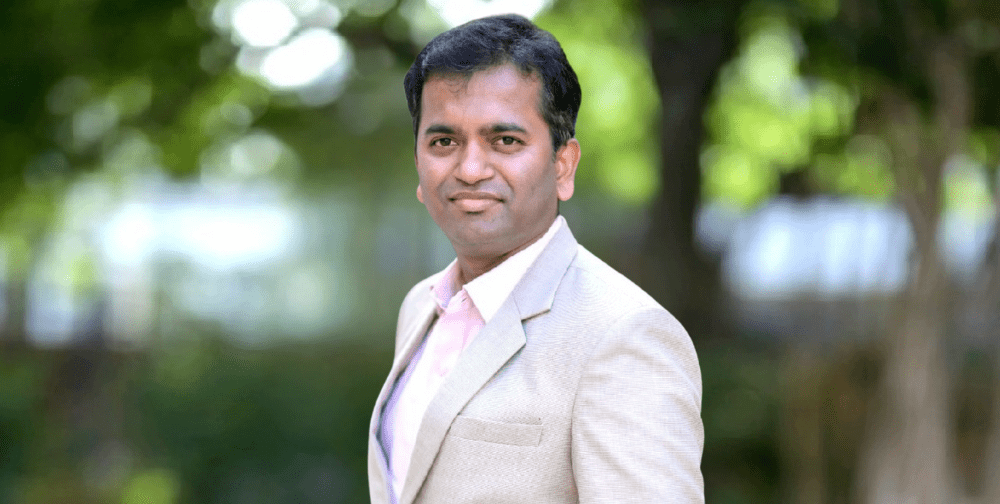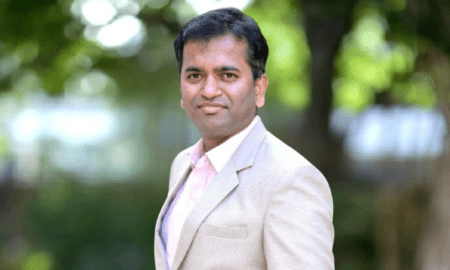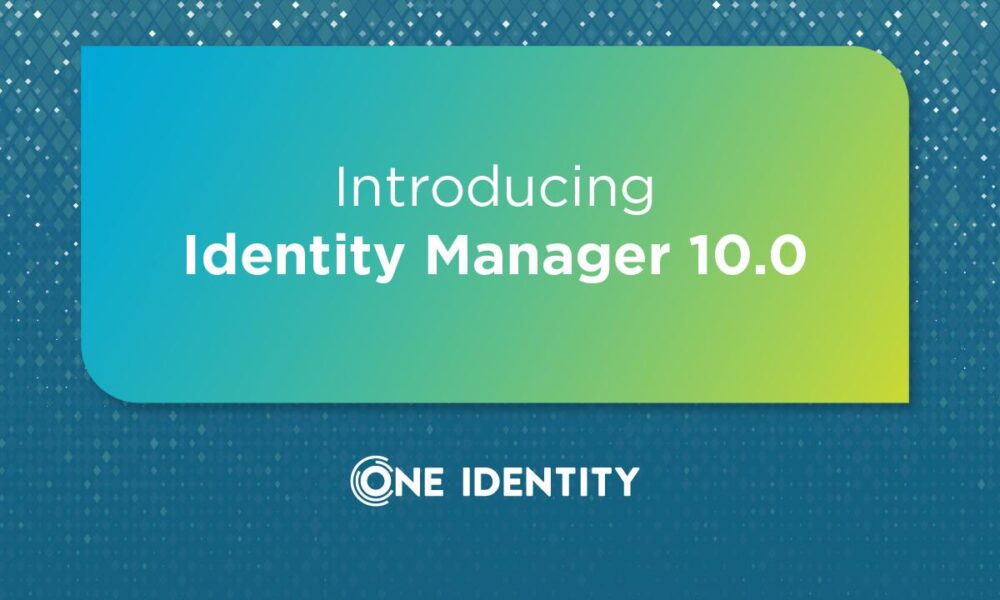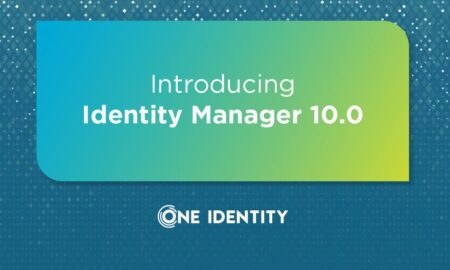Across the United States, the digital economy is accelerating, but many sectors are being left behind. Despite the rise of advanced technologies such as artificial intelligence and business automation, their integration into small and mid-sized organizations remains limited. These tools, while reshaping the workflows of large corporations, are often inaccessible to firms without robust technical departments or capital to invest in custom systems. As the demand for automation outpaces internal expertise, a gap is widening—one that could reshape long-term competitiveness across multiple industries.
In response to this national trend, a new technology venture led by Colombian engineer Diana Paola Castañeda Talero is preparing to launch in the United States. Sophie Digital Solutions LLC, which will be headquartered in Florida, intends to serve businesses seeking to implement scalable, secure digital systems tailored to their operational realities. Rather than targeting the enterprise segment already saturated with service providers, the company will focus on clients without extensive internal IT capabilities—an approach shaped by the founder’s firsthand experience in markets where technological access is uneven.
Castañeda brings to the initiative a decade and a half of experience in system architecture, digital payment integration, and transaction processing. Her career has been rooted in the banking sector, where she led technical operations for several major financial institutions in Latin America. Beyond her engineering credentials, she has helped build over 200 digital products across industries, giving her insight into both the technical and human challenges that come with implementing change in complex organizations.
“My work has always involved helping institutions move from legacy systems to more modern architectures,” she noted. “But what stands out to me is how often that process excludes smaller players—businesses that don’t have access to the same resources but still face the same pressures to evolve.”
Those pressures are mounting. According to recent projections, 50% of global employees will need reskilling by 2025, driven by changes in digital infrastructure and the rise of hybrid work models. Meanwhile, less than a quarter of U.S. firms report having the tools or training necessary to deploy advanced analytics, machine learning, or process automation at scale. In this context, companies unable to modernize risk falling further behind, not only in efficiency but in their ability to attract talent, manage data securely, or respond to customer expectations.
Sophie Digital Solutions aims to address that dynamic by coupling technical delivery with long-term client education. Modeled after Castañeda’s earlier work in Colombia—where she co-founded a tech firm committed to inclusive training—the U.S. entity will integrate hands-on learning into its service model. Organizations working with the company will not only receive tailored systems, but also access to workshops, digital literacy resources, and transitional support designed to reduce external dependency.
The firm’s future impact is expected to extend into workforce development and inclusion. With women currently making up just 28% of the STEM workforce in the U.S., the company plans to maintain an internal hiring model that prioritizes gender equity. This approach mirrors the structure of the Colombian firm, where women represented the majority of the technical team—an intentional move by Castañeda and her co-founder to challenge norms in a historically male-dominated field.
Her own path into engineering was shaped by that imbalance. “When I started my studies, it was rare for a woman to enter this field,” she recalled. “That experience shaped how I think about opportunity. Technology is powerful, but it’s only transformative when more people are invited to participate in building it.”
The company also intends to align its offerings with macroeconomic needs. In sectors like logistics and healthcare, where operational resilience depends increasingly on digital adaptability, many smaller players remain constrained by staffing shortages or system fragmentation. According to industry reports, nearly 70% of logistics providers are seeking to automate key functions but lack the internal infrastructure to do so. In healthcare, a wave of digital health investments has exposed similar gaps in platforms and analytics—especially among independent providers.
Sophie Digital Solutions will enter the market during a period of tightening labor conditions. With the U.S. tech unemployment rate below 2%, competition for skilled developers and engineers has intensified. Yet demand for roles such as AI specialists and cybersecurity analysts continues to grow, with annual openings projected to exceed 340,000 through 2026. For many firms, the cost and complexity of hiring in-house talent has led to stalled modernization efforts—one of the systemic issues the new company seeks to alleviate.
By working directly with organizations that lack full-time technical teams, Sophie Digital Solutions is expected to offer a model that blends implementation with practical knowledge-building. Its entry adds a new perspective to a conversation increasingly focused not just on technology itself, but on who has the capacity to use it—and who might be left out if those capacities are not equitably distributed.
For Castañeda, that question remains central. “The goal isn’t just digital transformation for its own sake,” she said. “It’s making sure that transformation includes people and organizations that are usually excluded from the conversation.”
As the company prepares to establish operations, it does so with a mission that reflects the intersection of innovation, equity, and education—a combination that may prove essential as the U.S. economy continues to shift toward digital-first infrastructure across all sectors.

